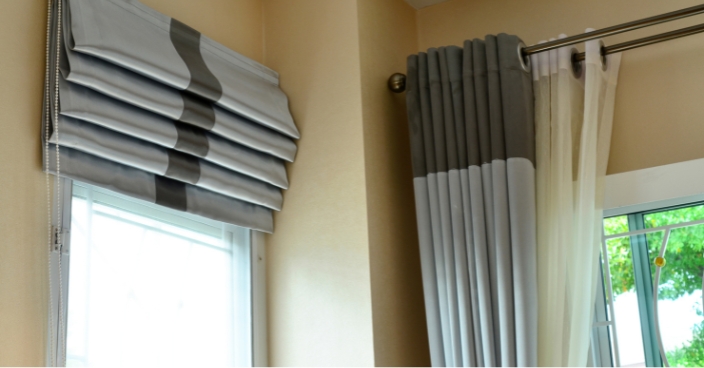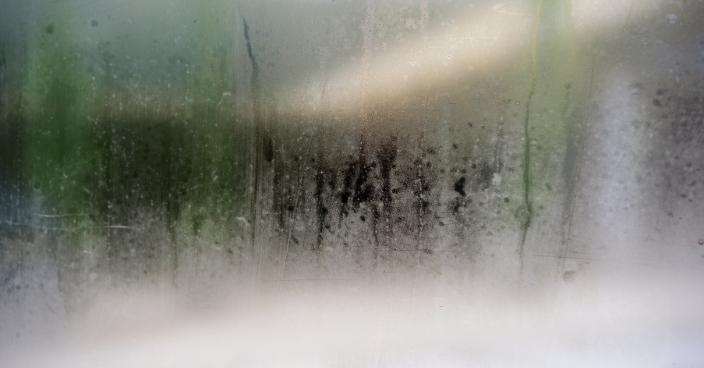Call for a free estimate! We are always available:
+65 8889 5993
You know that feeling when you pull your curtains open and your fingers come away slightly dusty? Or when your blinds look a little more grayish than you remember?
Most of us don’t think twice about our curtains or blinds. We clean the floor, wipe the fan, vacuum the sofa… but curtains and blinds? They’re easy to ignore — until one day you realise they’ve quietly collected months (or even years) worth of dust, smells, and who-knows-what.
Here’s why they get dirty faster than you’d expect, and why they deserve a bit more attention.
Curtains and blinds act like giant dust catchers. Whether your windows are open or closed, the air in your home is constantly moving — thanks to fans, aircon, and traffic from outside. Dust, pollen, smoke, and airborne grease float around and eventually settle onto soft surfaces like your curtains.
Live near a busy road or have a dusty corridor? It adds up quicker than you think.

Certain fabrics and materials, especially polyester curtains and PVC blinds build up static electricity over time. This attracts even more dust and fine particles from the air, which clings on and doesn't let go easily. That’s why your curtains might be dirty even though they look clean.

Ever cooked curry or had hotpot near your curtains? The fabric traps cooking smells and airborne oil droplets. Same goes for cigarette smoke, pet odours, or strong perfumes. Over time, these smells build up, and your curtains start to develop a subtle (or not-so-subtle) stale scent.

Humidity isn’t just uncomfortable — it makes your curtains dirtier. Moist air helps dust and pollutants stick to fabric more easily. In some cases, especially in kitchens or bathrooms, it can even lead to mould or mildew forming on the lower edges of curtains or behind blinds.

Because we don’t interact with them often, curtains and blinds fall to the bottom of the cleaning list — or drop it off entirely. But dust buildup is gradual. By the time you see it, it’s already been there for a while. If you’ve got allergies or sensitive skin, this hidden dust could already be silently affecting you.
Here’s a basic guide:

Letting them sit for years untouched? Here’s what might happen:
Curtains and blinds don’t get the credit they deserve. They quietly trap the stuff you don’t want in the air — and they need a little help from time to time.
Even if you’re not ready for a full refresh now, keeping this in mind can save you from dust overload later. And when it’s time, leave it to the pros who know what different fabrics and materials need.
Cleaner air. Fewer allergies. Fresher home. Totally worth it.
Jul 24, 2025
